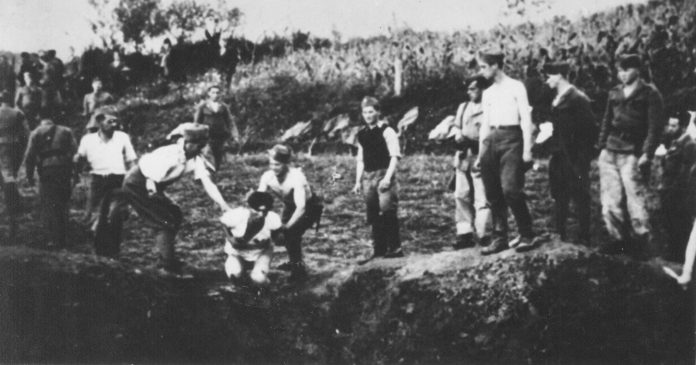The Council of Europe has expressed alarm over the rise of right-wing extremism and neo-fascism in Croatia in a new report published on May 15.
According to the report, the increase has been reinforced by the “glorification” of ideologies from World War II – especially of Croatia’s fascist Ustasha regime, which fought alongside Nazi Germany, according to the report by the CoE’s Anti-Racism Commission.
As reported by Deutsche Welle (DW), Germany’s international broadcaster, the report’s publication comes three days after the annual memorial mass in Bleiburg, in the Austrian province of Carinthia, to remember the tens of thousands of Ustasha militia members, regime sympathisers and civilians who were killed by Communist forces at the end of World War II.
The report found that some politicians used inflammatory speech to fuel conflicts between different sections of the population, and this did not only apply to extreme parties, but the “entire political spectrum,” especially ahead of elections.
The hate speech was often directed against Roma and refugees – particularly Muslims.
According to the report, more than 20 years after the end of the Balkan war, the Serbian minority in Croatia continues to be the target of racially motivated attacks and Serbian houses and institutions are often marked with Nazi and Ustasha symbols.

